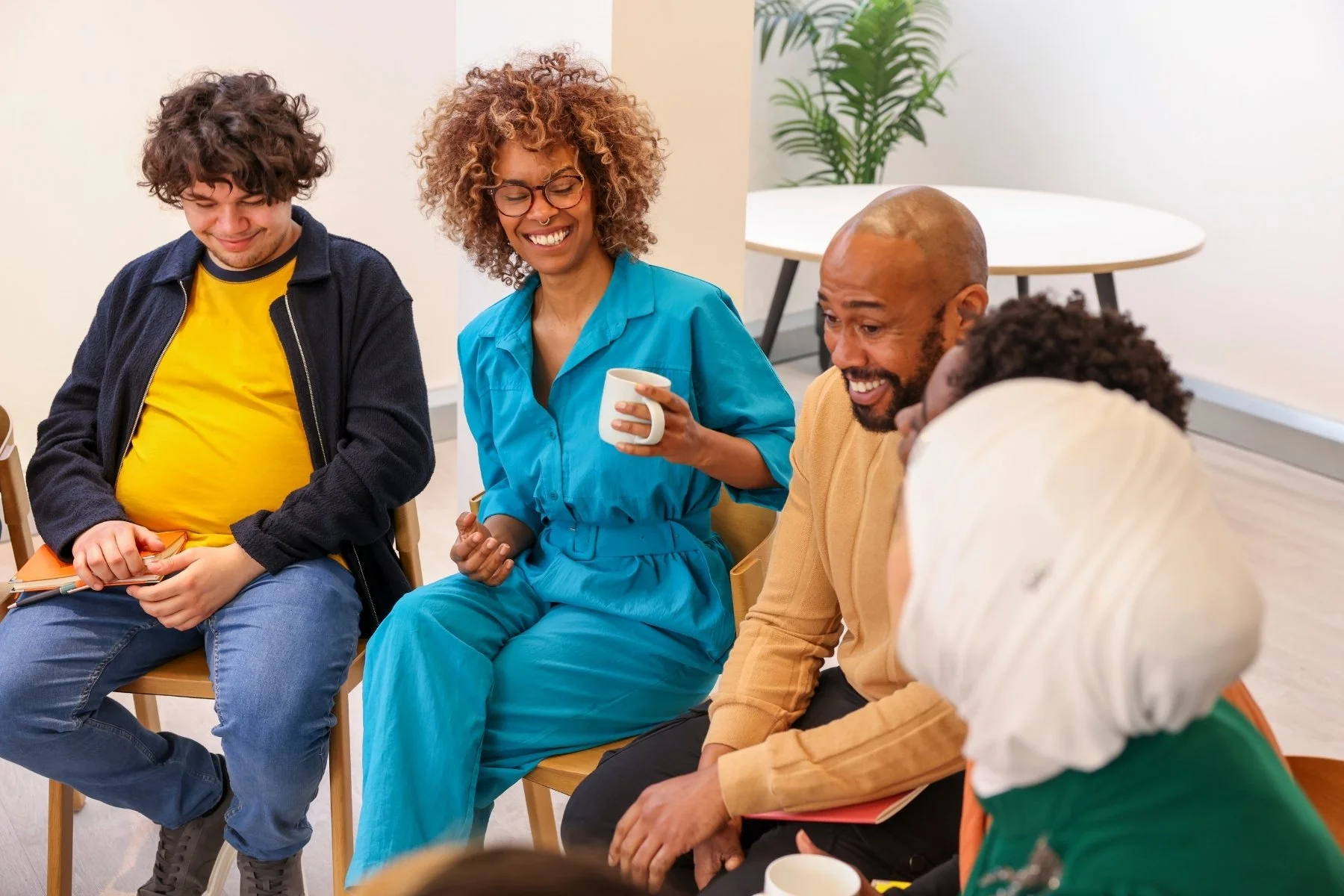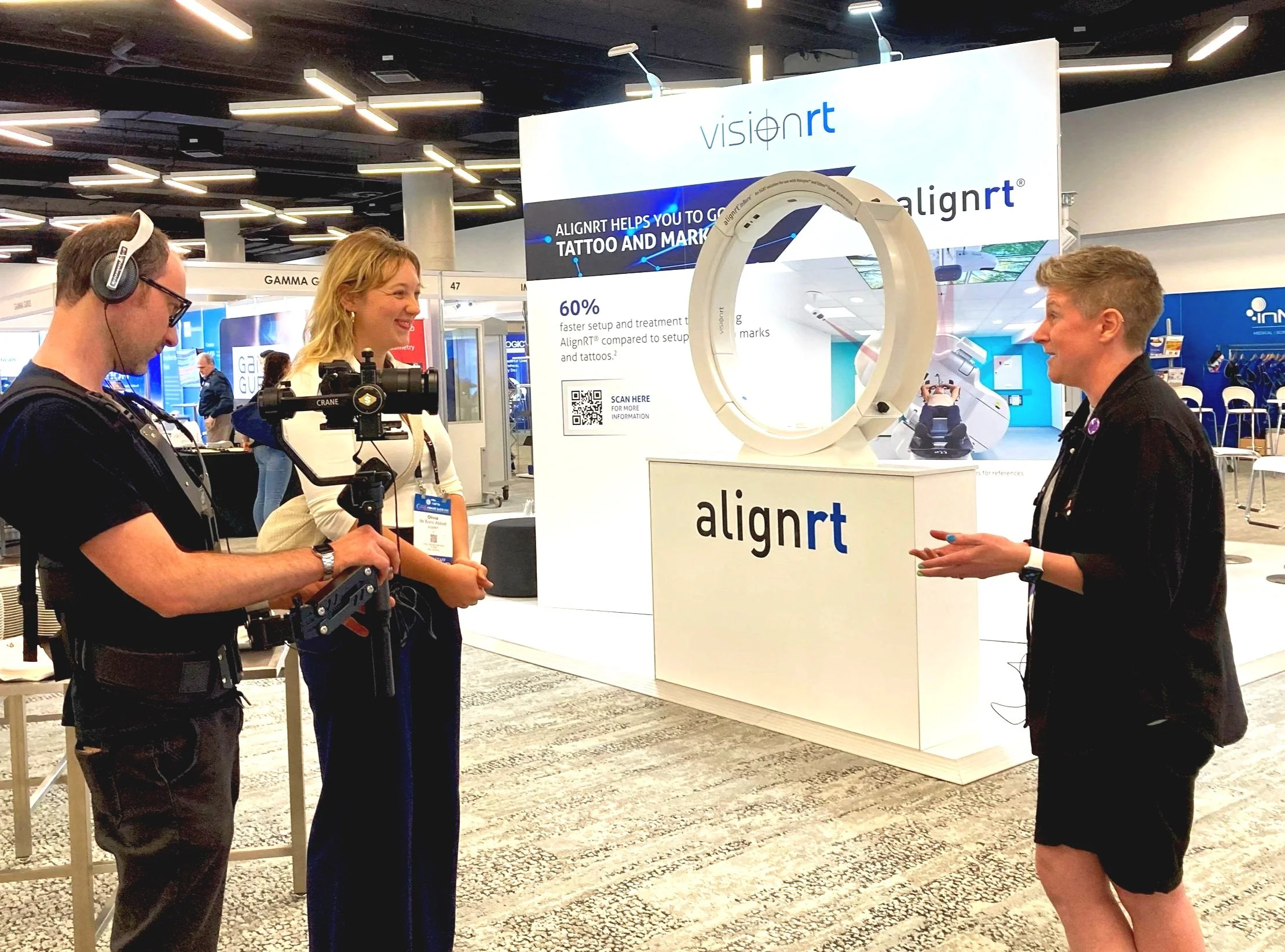News & projects
Catch up with our latest work, news, and projects.
Sign up to our newsletter for updates about our community and organization to your inbox.
Current projects
-
Creating a Community of Practice
We are developing a new virtual community of practice (CoP) for 2SLGBTQ+ healthcare professionals working in cancer care to share ideas, learn from each other, and work toward positive change.
-
Addressing inequities in gyne cancer care
This unique community-based collaboration will help address inequities faced by transgender and gender diverse people affected by gynecological cancer in Canada through co-development to empower patients, educate healthcare professionals, and embed equity-driven policy change.
-
HPV vaccination and our communities
This community-led study aims to increase HPV awareness in 2SLGBTQI+ communities across Alberta, and to help healthcare providers have conversations about the vaccine that feel supportive, respectful, and centred on the person, not assumptions.
Latest updates
QC at the LGBTIQ+ cancer conference
We travelled to London to attend the OUTpatients’ annual LGBTIQ+ Cancer Conference. We expected to be uplifted and informed, but we didn’t anticipate the sense of queer connection and joy that we felt during and after the event.
Launching our Community of Practice
A place to find support and connection for 2SLGBTQ+ healthcare professionals working in cancer care.
Our favourite queer breast cancer memoirs
For breast cancer awareness month - some of our favourite books about the breast cancer journey written by queer authors.
Queer Caregiving: The story of T&S
We recently spoke to T who is an AYA queer cancer survivor & their partner S. We asked the couple if they could share some tips for other queer caregivers.
Reshaping care for 2SLGBTQI+ patients with cancer
Did you catch our article in Elekta’s Focus magazine?
Tush Talks with Colorectal Canada
Carl Bindman from Colorectal Cancer Canada chats with Kim Meeking on the Tush Talks series.
New milestone unlocked - we’re a non-profit!
We’re excited to share our new designation as a Canadian non-profit organization!
Conversations about care through end of life
We sat down with the Conversation Project’s Kate DeBartolo discuss why conversations about what matters through the end of life are important for 2SLGBTQI+ people.
Remembering Mary Morgan
Remembering our radical, fierce, and bold patient partner Mary Morgan.
Bringing inclusivity to informed consent forms in cancer care
James Barber championed important work to revise national informed consent forms for inclusive cancer treatment.
The Queering Cancer origin story
Queering Cancer was founded to address the lack of tailored resources, information, and support for 2SLGBTQI+ people affected by cancer.
Impact report
This three-phased evaluation project completed in May 2024 examined Queering Cancer’s impact and community requirements since our launch. The research informs organizational priorities and ensures our work remains grounded in the needs of the community.
In the media
Research highlights and media appearances from the Queering Cancer team.
The Australian Society of Medical Imaging and Radiation Therapy conference video (April 2023)















